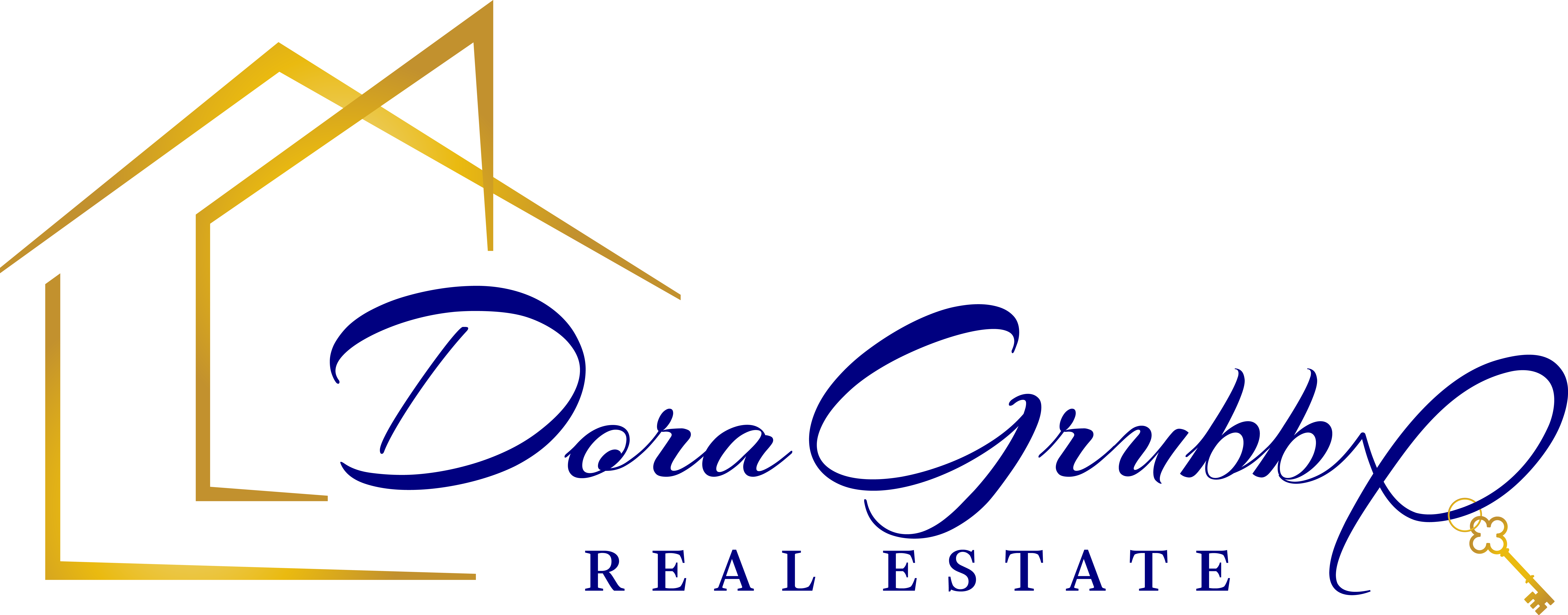Identifying Potential Pitfalls When Touring Homes in Gwinnett County

Dora Grubb
Your Trusted Real Estate Expert with over two decades of dedicated experience in the real estate industry. I am Dora Grubb, a seasoned profession...
Your Trusted Real Estate Expert with over two decades of dedicated experience in the real estate industry. I am Dora Grubb, a seasoned profession...
When you’re walking through a potential new home in Gwinnett County, it’s easy to get swept up imagining your life unfolding in its rooms. However, amidst thoughts of décor and yard picnics, it’s crucial to keep an eye out for any issues that could lead to headaches and hefty bills down the line. Here’s a comprehensive guide on spotting concerns during a house tour to ensure your dream home in Gwinnett County doesn’t turn into a nightmare.
Water Damage and Mold
Water damage tops the list for troubles, particularly given our region's climate. Be vigilant for water stains or discoloration on ceilings, walls, and near windows. Basements and crawl spaces in older Gwinnett County homes are infamous moisture magnets, so give them a thorough check.
Mold, with its health risks and stubborn nature, should also be on your radar. Keep your nose and eyes peeled for musty smells and visible mold clusters, especially in typically damp areas like basements and bathrooms. In Gwinnett County, even a small mold patch can hint at a bigger, hidden problem.
Foundation and Structural Issues
The foundation is what keeps your home standing, so any crack or shift deserves your undivided attention. Noticeable cracks in the foundation or inside the house, doors, and windows that jam, or uneven floors can indicate a compromised structure. Given the varying soil types across Gwinnett County, these signs can suggest significant underlying issues, making a professional inspection a wise move.
Electrical System Problems
Given the mix of new constructions and older homes in our area, electrical issues are common concerns. If you spot an antiquated electrical panel or notice any outlets not functioning, it could be signaling dated or haphazard electrical work. Flickering lights and scorched outlets are red flags for a system that might not just be inefficient but dangerous.
Poor Ventilation and HVAC Issues
A home lacking proper airflow can foster moisture buildup and mold growth, not to mention carry a steeper utility bill. Look for condensation trails on windows or feel for rooms that seem overly stuffy. Additionally, Gwinnett County’s sweltering summers make a well-functioning HVAC system critical, so inquire about the units' age and listen for any odd noises that might indicate a looming costly replacement.
Roof and Gutter Damage
Roof issues are notoriously expensive, making their assessment non-negotiable. Ask how old the roof is and scout for missing shingles or visible dips – common issues in our area's homes, especially after harsh weather. Likewise, inspect the gutters for clogs or damage; it’s not just about water drainage but also preventing potential foundation and siding damage.
Signs of Pests
Termites, ants, and rodents can quietly wreak havoc. Look for subtle signs like wood shavings or droppings, particularly in less trafficked areas like basements and attics—both favorite hideouts for pests in suburban Gwinnett County homes. Any suspect noise or smell could merit a professional pest inspection.
DIY Repairs and Renovations
In a county with a robust housing market like Gwinnett’s, DIY fixes by previous owners are common. But there’s a thin line between a skilled job and a hasty patchwork. Uneven tile work, haphazard painting, or any remodeling that just seems off should raise questions. Improper DIY work often means permits were skipped, and with Gwinnett County’s regulations, this is something you’d want to clear up sooner rather than later.
Inconsistent Maintenance
A house that appears neglected likely was, and in Gwinnett County, this can point to more serious, unattended issues beneath the surface. Overgrown yards, chipping paint, or a dirty HVAC filter are tell-tale signs. Regular care is essential for a home's longevity, especially considering our fluctuating weather and the specific needs of the local architectural styles.
Noticing these red flags during a tour can protect you from future expenses and stress. Gwinnett County offers a broad range of home types, each with its peculiarities. Armed with knowledge about what to watch out for and when to call in the experts, you can confidently identify a sound investment. Remember, when in doubt, a thorough inspection is your best defense against purchasing a problematic property.
Thinking about selling your home?
Get in touch. We'll guide you through every step of the process to ensure a smooth transaction that meets your goals.



